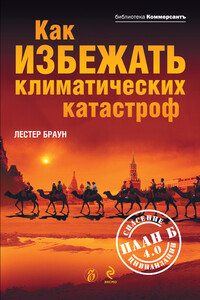Английский язык для специальных и академических целей: Международные отношения и зарубежное регионоведение. Часть 1 | страница 30
The sovereign of the United Kingdom is also Supreme Governor of the Church of England, from the late seventeenth century the monarchy was widely viewed as a guarantor and symbol of the prominent Protestantism of Great Britain as a whole, and of the Protestant supremacy in Ireland. It was because the House of Hanover was a Protestant dynasty that most Britons — though not all — were prepared to accept its import and accession to the British throne in 1714. Moreover, as Britain subsequently increased in power and wealth, it became more common for men and women to view it as a new Israel, a chosen land.
Over the course of the nineteenth and twentieth centuries, the idea that the monarchy was integral to Britain's providential destiny and prosperity ceased to be identified so powerfully with Protestants, and was strengthened by a course of events. In harsh reality the British monarchy was the beneficiary of successive global crises that were almost entirely outside its control. Had the United Kingdom been defeated and/or invaded during the Napoleonic Wars before 1815, or had it been overwhelmed in the First World War or the Second, then monarchy here — as in many other parts of Europe — might well have collapsed or been irredeemably tarnished. As it was, victory in all three of these massive conflicts helped to secure the monarchy's existence, and bestowed>19> on it a kind of superstitious attraction and charisma.
British monarchs reigning for especially long periods have contributed to political stability, and shaped opinion in another respect. They have helped to conceal from their nominal subjects the full disturbing extent of change, or at least helped them to sustain it. Thus the sheer length of Queen Victoria's reign — from 1837 to 1901 — almost certainly made it easier for some British and even Irish men and women to come to terms with what was then an unparalleled rate of urban, demographic and technological change. Elizabeth II's reign, which commenced in 1952, is almost as long as Victoria's, and she too has served to conceal change by way of her own apparent changelessness. Never in history has a polity given up ruling as many diverse parts of the globe as rapidly as the United Kingdom has been obliged to do since 1952. Some of its inhabitants, however, may have found this brutal descent from global power easier to bear — and even possible to ignore — because of the present Queen's reassuringly durable reign.


